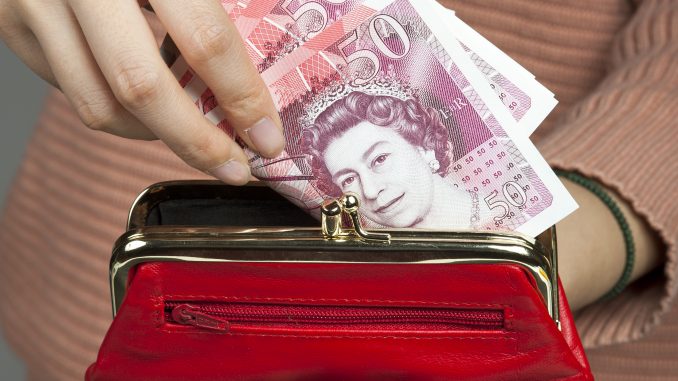
1. Apply for a reduction of your credit card rate
Ideally, you should stop using your credit card until you are well settled in your financial front. However, you, you can ask your lender to reduce your interest rate especially if you always settle your bills on time. If you constantly default on payment, reduction of interest rate is not an option, but you can consider moving to a credit card that charges no interest on transfers and one that does not charge any fee annually.
2. Make use of power strips and timers
Unplug electrical devices that are not used on a regular basis as they still have the capacity to draw some current which in turn reflects on your bill. You can also invest in smart power trips that regulate the flow of electricity into devices.
3. Reconsider your memberships
You may find that you have signed up for membership in several places such as the gym, Netflix etc. and in reality, you rarely make use of this membership. You can start by holding off renewal of the membership for a while, to really find out if you actually need it or not and eventually you can cancel it all together.
4. Cut down on cable TV with cheaper alternatives
With streaming options like Amazon, Netflix or Sling TV, you are well on your way to paying less for cable services. You can subscribe to one or more of these streaming apps and you will still view the same cable channels, only at a cheaper cost.
5. Home cooked meals
Eating out at a restaurant every so often really eats into your wallet. Consider making more meals at home and if there are left overs, you can bring them to the office for lunch. Invest in a coffee cup and make some at home which you carry to work as opposed to passing through your local coffee shop every morning.
6. Itemize and record your expenditure
It may seem trivial, but you should try recording every dollar that you spend. It could be a soda at the supermarket, a mid morning snack at the office vending machine or even the lottery ticket. This move helps you identify your daily, weekly and eventually monthly expenditure and it can help you reduce on unnecessary spending.
You should also begin a habit allocating some money for spending in specific areas in your life. And once the allocated amount runs out for that particular area, do not spend further until the next allocation.
There are also apps that help in tracking your expenses, help you off set your debts in a quicker way and get you on the right track for saving.
7. Reduce wasting water, increase saving money
Start by taking quick showers. Prolonged stay in the shower only makes you spend more money settling the bill and it doesn’t make you any cleaner. You should also consider investing in a shower reduction kit, which gives you an efficient water flow to your shower head.
Ensure that any leakage in the house is repaired as soon as it happens. This can be in the toilet, taps and faucets.
Water your lawn early in the morning or late in the evening so that you use minimum water. You can also consider using xeriscape to ultimately do away with watering your lawn.


